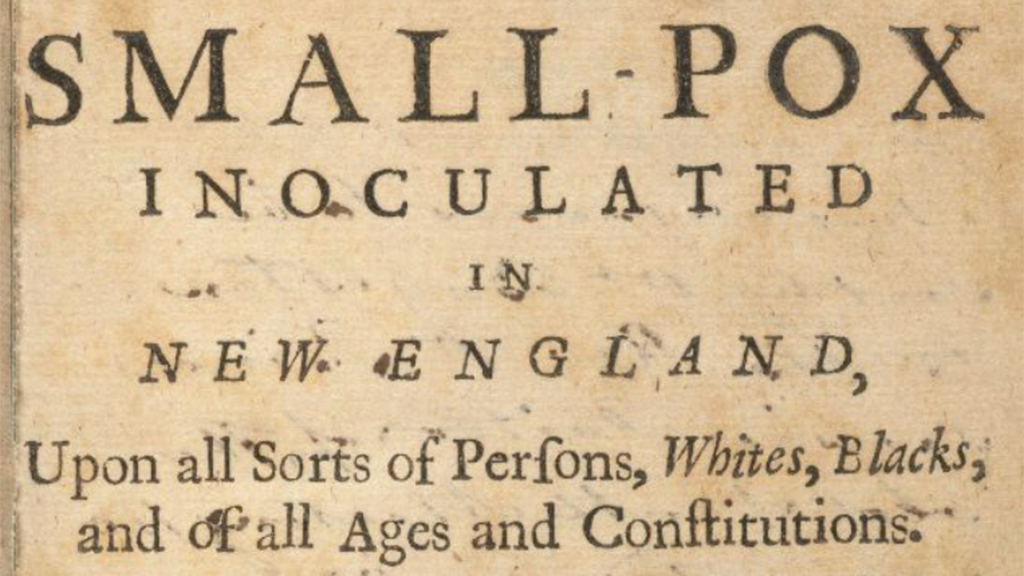Abstract
This historical case study is based upon events surrounding the deadly 1721 smallpox epidemic in Boston. It recounts the story of Cotton Mather, his slave Onesimus, and the physician Zabdiel Boylston. Urged by Mather, Dr. Boylston inoculated Bostonians against smallpox and then compared the death rate of those exposed to this early form of vaccination to the death rate of those who did not receive the treatment. The story is especially interesting not only because Boylston's work was arguably the very first clinical trial in the Americas and foreshadows how candidate vaccines are developed and tested today, but also because it involves the little-known contribution of an African slave, Onesimus, to the American story. The case illustrates how progress in science in the United States involved contributions from the wisdom and cultural practices of diverse places and from "all sorts of people." The case is suitable for high school AP biology classes, college-level biology courses for non-majors, or as material to supplement early lectures in an undergraduate immunology, microbiology, or epidemiology course.



